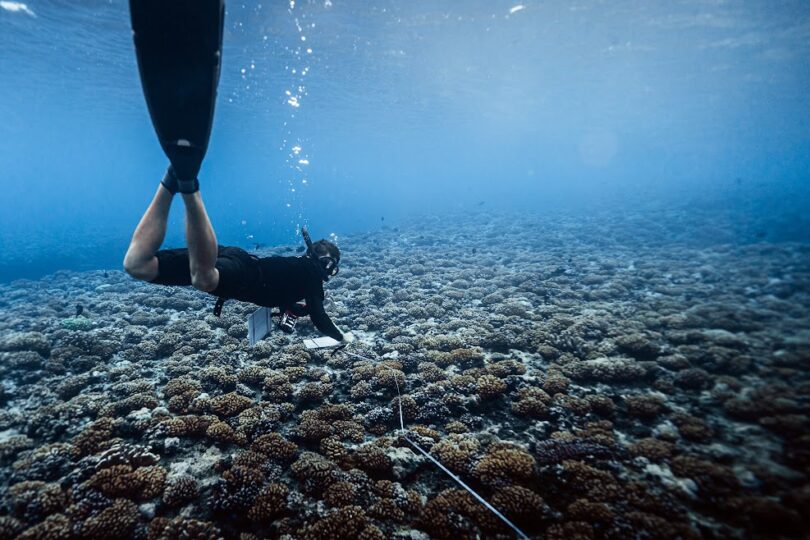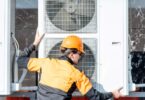Many businesses make financial contributions to charities, supporting vital causes. This is sometimes greeted with cynicism externally, but without it, vital work simply doesn’t stand a chance. RSK Chief Sustainability Officer Dr Stephanie Wray looks at how businesses, environmental causes and start-ups can ensure the credibility of this support through due diligence and accountability.

RSK Chief Sustainability Officer Dr Stephanie Wray
Increasing numbers of sustainability-driven businesses are delivering corporate donations to environmental causes. These donations, however, can be seen as greenwashing – a splash of cash alone, which is interpreted as false commitment and involves no further meaningful action. And sometimes that may be the case, but not always. Often there is a very genuine commitment at the heart of the financial support, and this should not be discouraged. Not only do we want to ensure that the investments we make as a business are credible and representative of our belief in a more sustainable world but also we want to know that it is making a difference. When we make a donation, no matter what size, we do so with this in mind.
When it comes to environmental, social and corporate governance (ESG), it is particularly important for company directors to responsibly allocate funding. It is essential that the decision-makers really understand the benefits and constraints of where that money is going.
So how do we ensure that the projects we select are those that will deliver meaningful action, safeguarding a credible outcome for both the business and the cause?
A detailed due diligence approach is crucial. We need to assess what the project is promising, as well as what it delivers post-investment. Key things to look for include a project that is having a positive impact now on at least one of the three main challenges facing our world: climate change, loss of nature and rising inequalities. Then we need to consider whether it is genuinely delivering, how large an impact the project will have and how effective it is at delivering its goals. Recent experience of the voluntary carbon markets demonstrates that this isn’t always as easy to establish as it might seem.
In addition, it is important to think about how the project does what it does – is it a cooperative, a locally owned business, a social enterprise, developing green skills, delivering training or involving young people or local and indigenous communities? These are all things that indicate a project is delivering meaningful change.
For some organisations, considering whether the project is in keeping with its own values as a donor is important. In our organisation, we look to support projects in areas where we work around the world and that benefit the natural ecosystems that we, like all businesses, rely on, such as the oceans.
There is no standard approach or assessment to take here. It has very much been down to our own research and measurements. In recent years, however, platforms such as Sumthing have emerged that are creating their own way of measuring the accountability of projects. Sumthing has created a whole ecosystem around the idea that we should know exactly where our donations are going – the projects presented through its platform have been reviewed by an independent panel of experts to ensure that each one is effective and delivering benefits on the ground right now. I have worked with Sumthing to assess three projects it currently showcases: plastic waste collection from rivers in Asia, tree planting in South America and coral restoration in French Polynesia, the latter of which RSK decided to support with a donation.

Sumthing CEO and co-founder Mike Odenhoven
Sumthing CEO and co-founder Mike Odenhoven said: “We are now in a new era of corporate responsibility and sustainability – businesses are thinking far more broadly about carbon, water, material use and more. They are now looking at making a holistic impact – meaningfully contributing to nature, ecosystems and livelihoods aligned to modern compliance.”
One of the brilliant things about this level of accountability is that it is creating direct engagement – not only do we now know that our money is being used for a truly good cause, because specialists have rigorously assessed it, but also we can see it in action. The donor can see the exact tree they planted, the kilogram sacks of waste pulled from the river or their piece of coral growing in the nursery.
Using AI, the uniqueness of that photograph can be authenticated so that we know each donation is verified as cultivating a different piece of coral. Not only are we building connections with the environment through the gift of funding but also we are able to observe the growing impact we are having for the better. This ethical use of big tech is changing the face of corporate donations, confirming that it has been spent from a position of financial probity and for ESG effectiveness.
And Mike tells us that, after COP28, Sumthing is seeing the importance of securing investment flows to nature – it’s no longer all about carbon credits. He said: “It’s time for a different approach that focuses on debits as owned actions, rather that credits as future anticipations. We need to be increasingly more results driven by focusing on something that actually happened rather than predicting things that are going to happen in the future.”
The reality of the challenge we face in protecting and replenishing nature is now creeping into the board room. Nature is disappearing at an alarming rate. We cannot continue to invest in ‘sustainability futures’. It’s important that we measure the outcomes of our reinvestment in nature, not potential. That’s exactly what Sumthing is enabling us to do as investors. In the coral project, which is delivering funding to Coral Gardeners, you can see what that money has achieved week by week, year by year – the outcome is there. The coral fragments grown in the nursery are planted on the reef, which supports the reef in establishing. Straight away, it is delivering measurable benefits.
Dr Stephanie Wray is RSK Group Chief Sustainability Officer and board member. She is a leader in analysing biodiversity impacts and delivering assessments of business impacts on the natural world.







